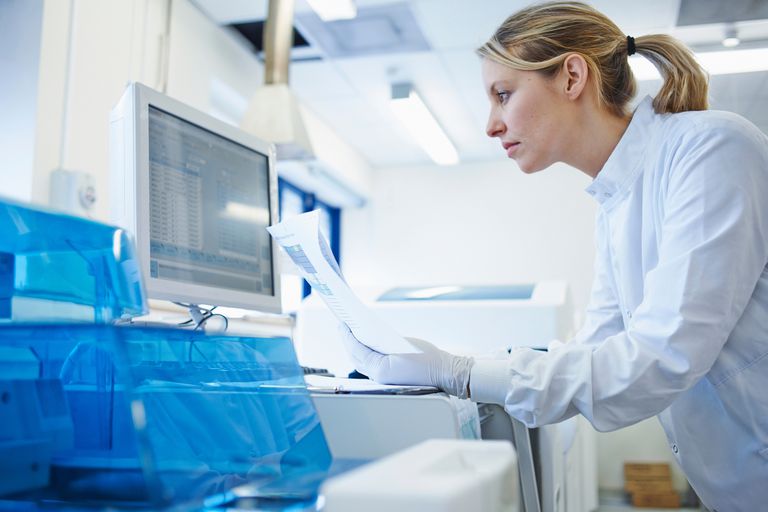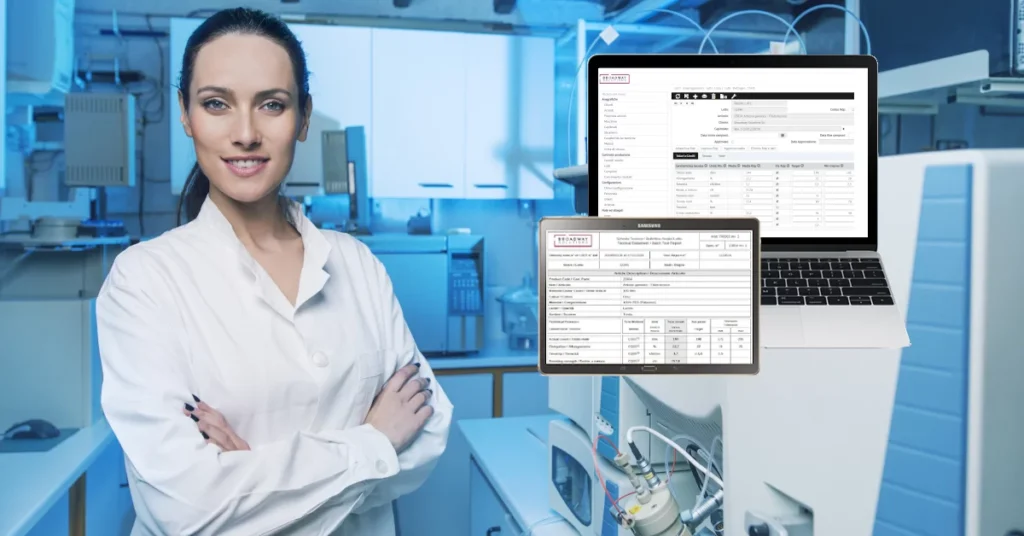If you’ve ever gone for a doctor’s visit, odds are you’ve been asked to get a few tests done, like a blood workup. The results of these tests would help your doctor develop a diagnosis and an appropriate treatment plan for you.
And to make all this happen – we need labs. But if the process is delayed due to errors or because of time-consuming operations, it could cause lots of inconveniences.
This is quite a possibility since labs must deal with huge amounts of test samples and struggle with managing all the data. If you’re in the same boat, don’t worry because there’s something that’ll make your lab more efficient; laboratory information systems or an LIS.
LIS is a software system that can help labs automate tasks such as managing the lab’s workflow, specimen data, and other clinical operations.
LIS has many advantages in your lab, and if you want to learn more, keep reading.
1. Improved Efficiency
We all know waiting for your lab’s results to return can be dreadful. But it only takes a long time because there are multiple steps involved in the entire process, and if done manually, it can be super time-consuming. To improve efficiency, many labs resort to laboratory information systems.
A cloud-based laboratory information system acts as a digital lab assistant. These systems can manage samples, monitor test results, and produce reports with just a few clicks. This means less time can be spent on repetitive administrative tasks and more on actual testing, making the whole thing much more efficient.
An example of this would be if a patient needs their cholesterol levels checked. LIS would allow a lab tech to quickly put the patient’s information, collect the samples, and send it away to get tested quickly and seamlessly.
Then, the system would produce a report without manual intervention.
2. Increased Accuracy

Source: caredatainfo.com
If you’re a lab tech who has to write reports of all the test samples that arrive in your lab, you know it’s a nightmare. There’s so much detail you need to pay attention to, not to mention the massive volume of samples that must be dealt with.
That means you’re bound to make some mistakes from time to time. You’re only human, after all.
LIS would help to prevent those mistakes and make your work more accurate. Reports would then be devoid of any transcription errors and inconsistencies that may arise when data needs to be entered manually.
Computerized software can even reduce the risk of errors due to handwriting misinterpretations since results would be entered directly into it. The data would be retrieved automatically with a simple scan of the sample’s barcode.
3. Better Data Management
With all the data labs are generating, there’s no doubt that it can get hard to manage. But LIS takes away all the manual tasks and automates them – making life at the lab much easier.
By making this lab data digital, the way to manage, access, and analyze information becomes easier. Instead of digging through tons of paper records, the lab technician just needs to click, and all the information will appear right before them.
This digital approach also guarantees safe lab data storage, cutting the risk of data loss or destruction. With built-in backups and other security measures, labs can also ensure their information is safe and secure.
Suppose a lab is researching the effects of a new drug. Scientists can use a laboratory information system to access data from previous studies swiftly, verify test results, and compare data sets from a centrally managed secure database.
4. Automatic Data Exchange

Source: broadwaysolutions.it
One of the main advantages of using LIMS is that it can easily transfer data to different departments or even organizations. For instance, let’s say a lab is carrying out a study on a new vaccine.
Researchers can swiftly exchange data on the vaccine’s effectiveness among other labs and research groups using LIMS, letting them make better-informed choices about the vaccine’s research and development.
Besides the data exchange, this system provides strong data visualizing tools that can assist labs in monitoring sample status and tracking development over time. This may aid labs in making better choices about dividing resources and prioritizing responsibilities.
5. It Integrates with Other Systems
In healthcare, it’s important that lab information systems can integrate well with other important systems within the field to provide better patient care. These systems include electronic medical records and picture-archiving communication systems.
When the LIS can integrate seamlessly with these systems, it may offer an extensive overview of patient data, allowing healthcare providers to make informed choices.
So, if a patient with a chronic illness has undergone numerous tests before, in that case, LIS can integrate with the electronic medical records, and doctors can easily access all previous results and compare them before going ahead with a treatment plan.
Just like that, if the picture-archiving communication system is integrated with LIS, radiologists can view past scans and images that may help provide a more accurate diagnosis.
6. Tracking Inventory
Source: extensiv.com
A huge challenge that many labs face is inventory management. The good news is, with the help of LIS, inventory can be tracked effectively with minimal losses. LIS software lets labs keep tabs on all their supplies and instruments in real-time.
This is a great help to lab managers in keeping up with the inventory and ensuring they have enough supplies to carry out experiments and other obligations.
The computer program can also send notifications electronically when the reserves are low, reminding lab managers to order new inventory on time.
Labs may prevent stock-outs and ensure they always have what they need by monitoring the stock in real-time.
Also, LIS could help labs maximize inventory management by identifying usage patterns and forecasting future demand. This will assist in reducing waste and making better use of resources.
Conclusion
Ultimately, laboratory information systems have grown into indispensable tools for labs in many kinds of industries. Adopting LIS has had a major effect on how labs function and the quality of data generated.
With all the benefits LIS provides, you may be ready to commit to one. But when you first enter the market to investigate the software, you’ll notice that every system differs slightly from the others based on its maker.
Some vendors provide options for customization, mobile accessibility, and technical assistance, whereas others will not.
So, before you decide on one, you must assess your laboratory’s demands and compare them to what the program provides.



